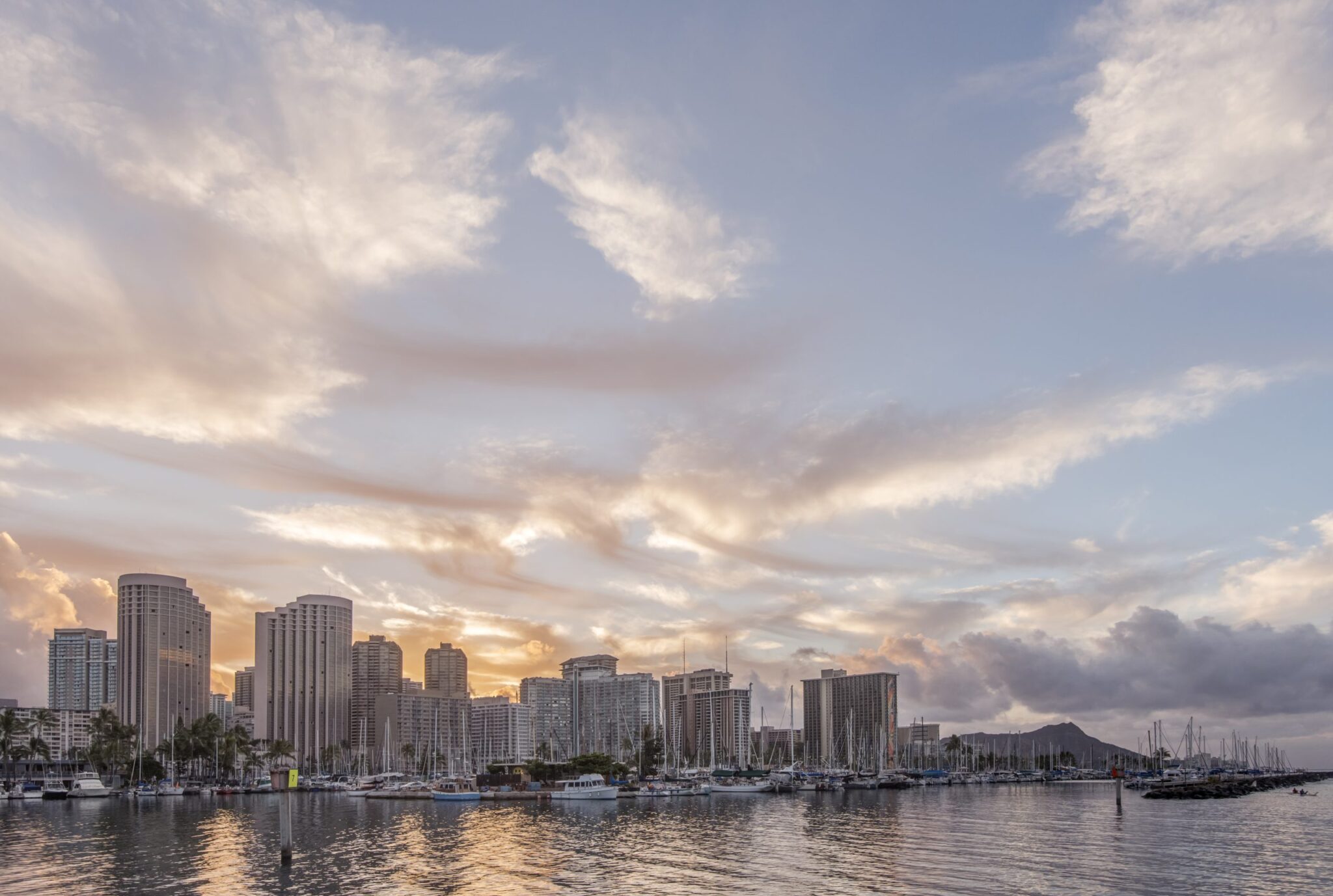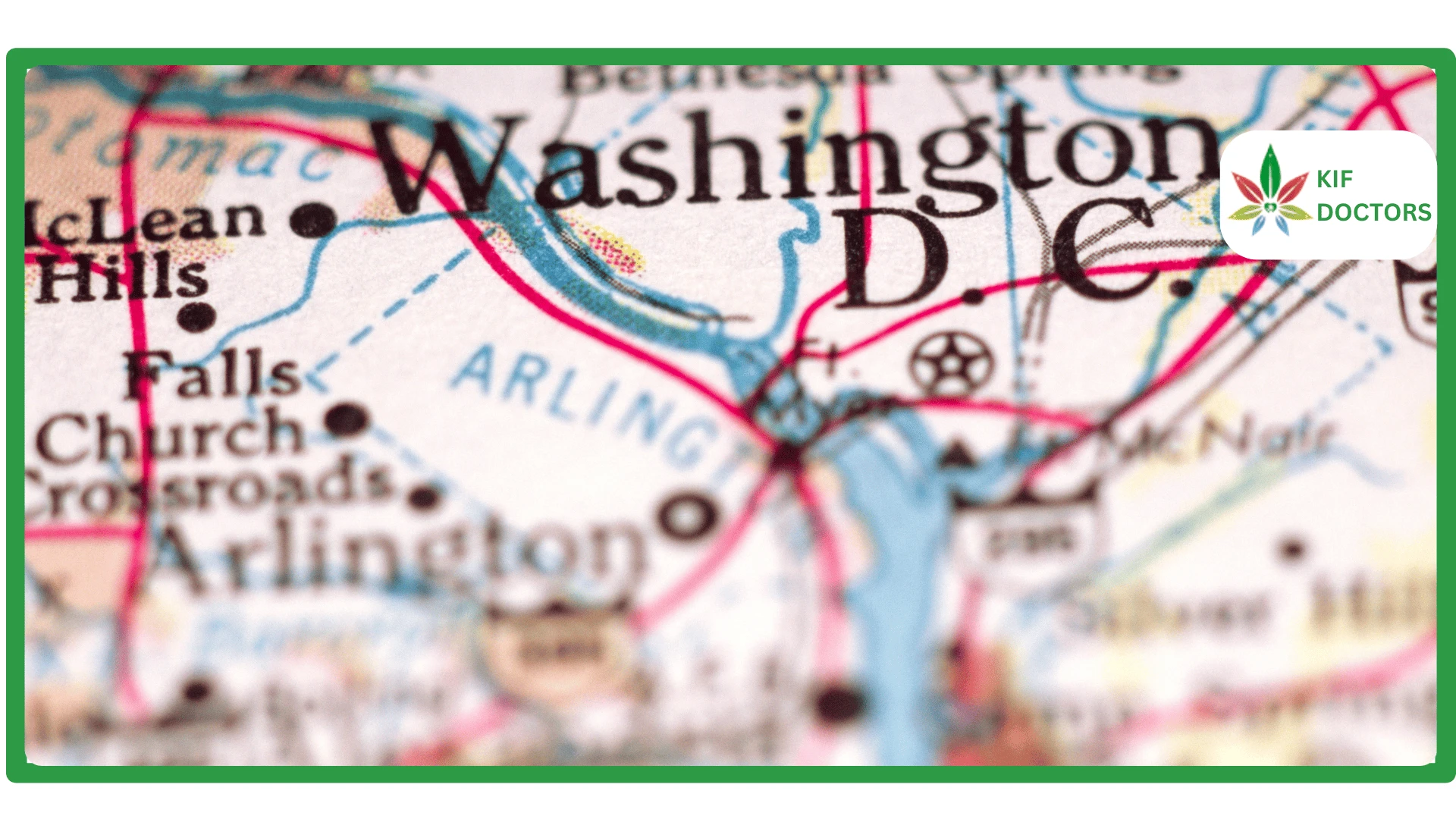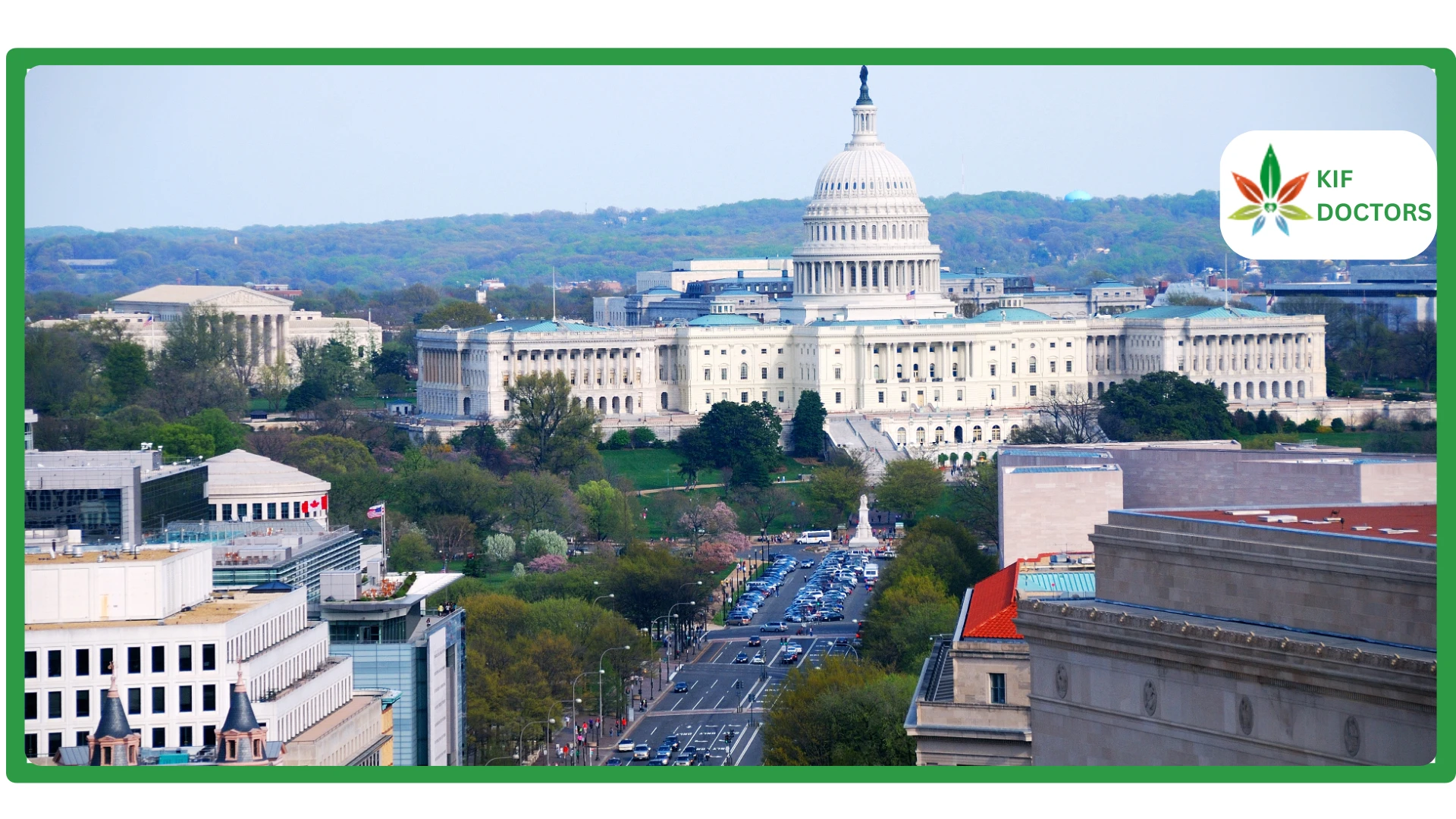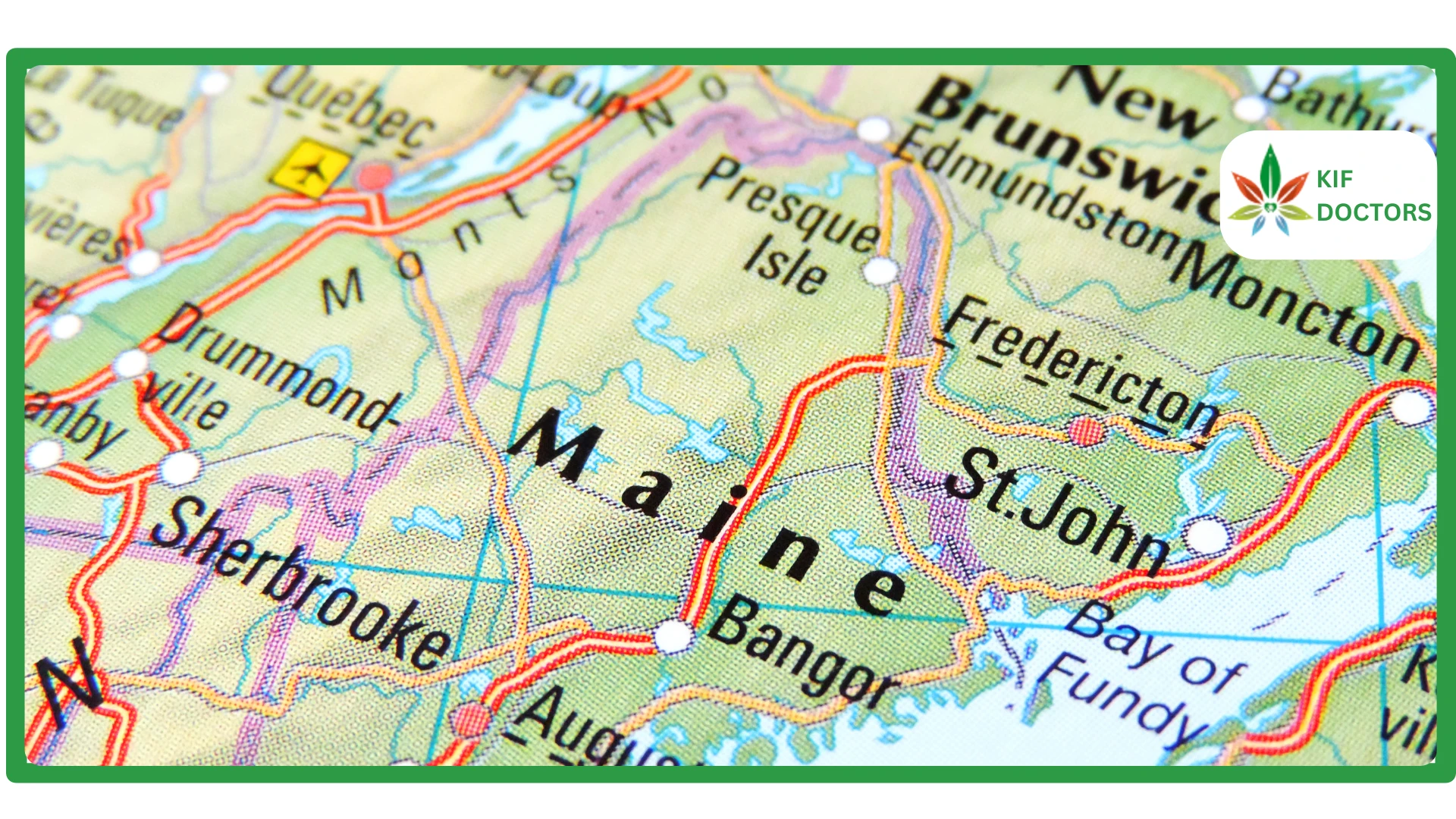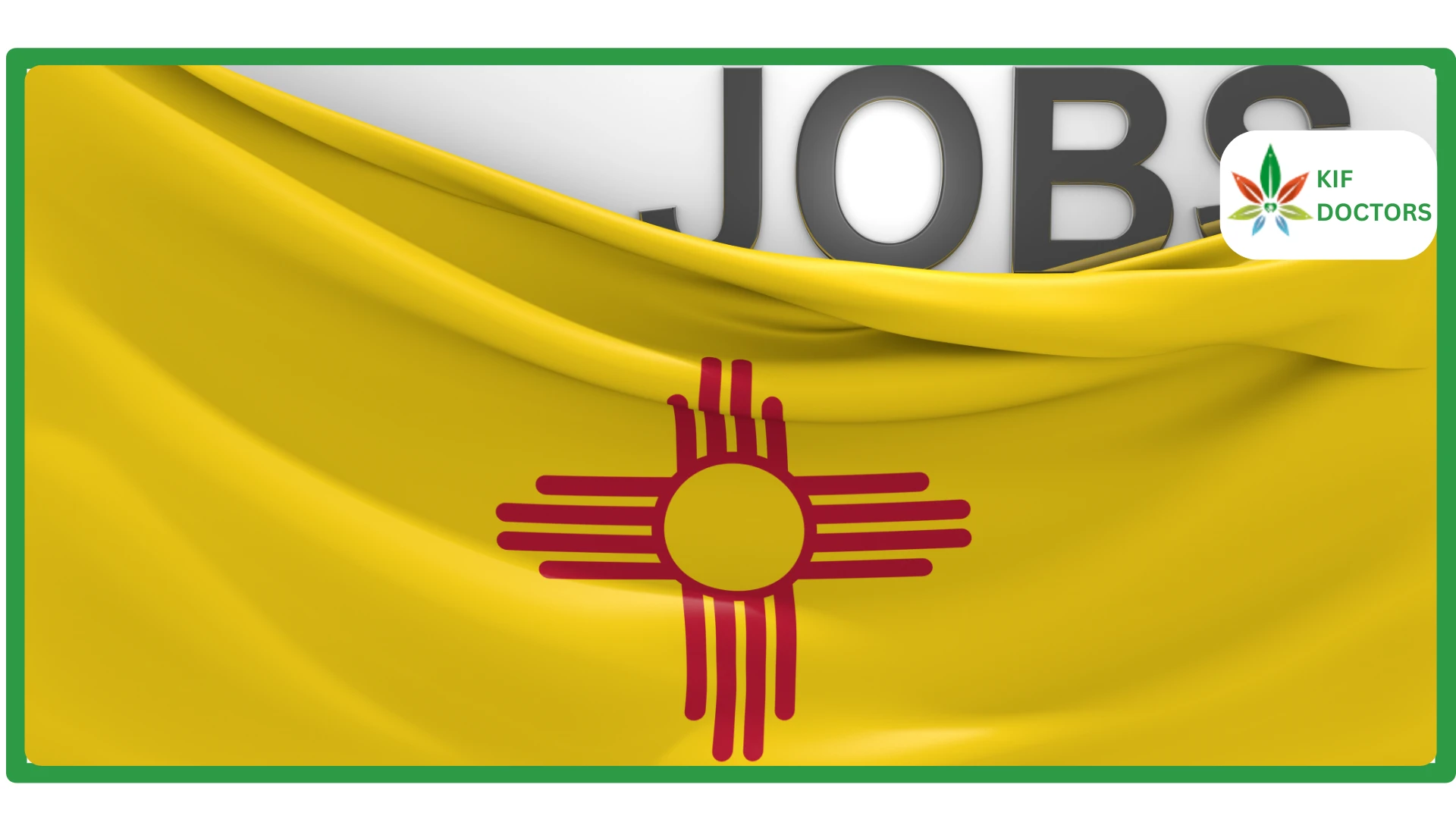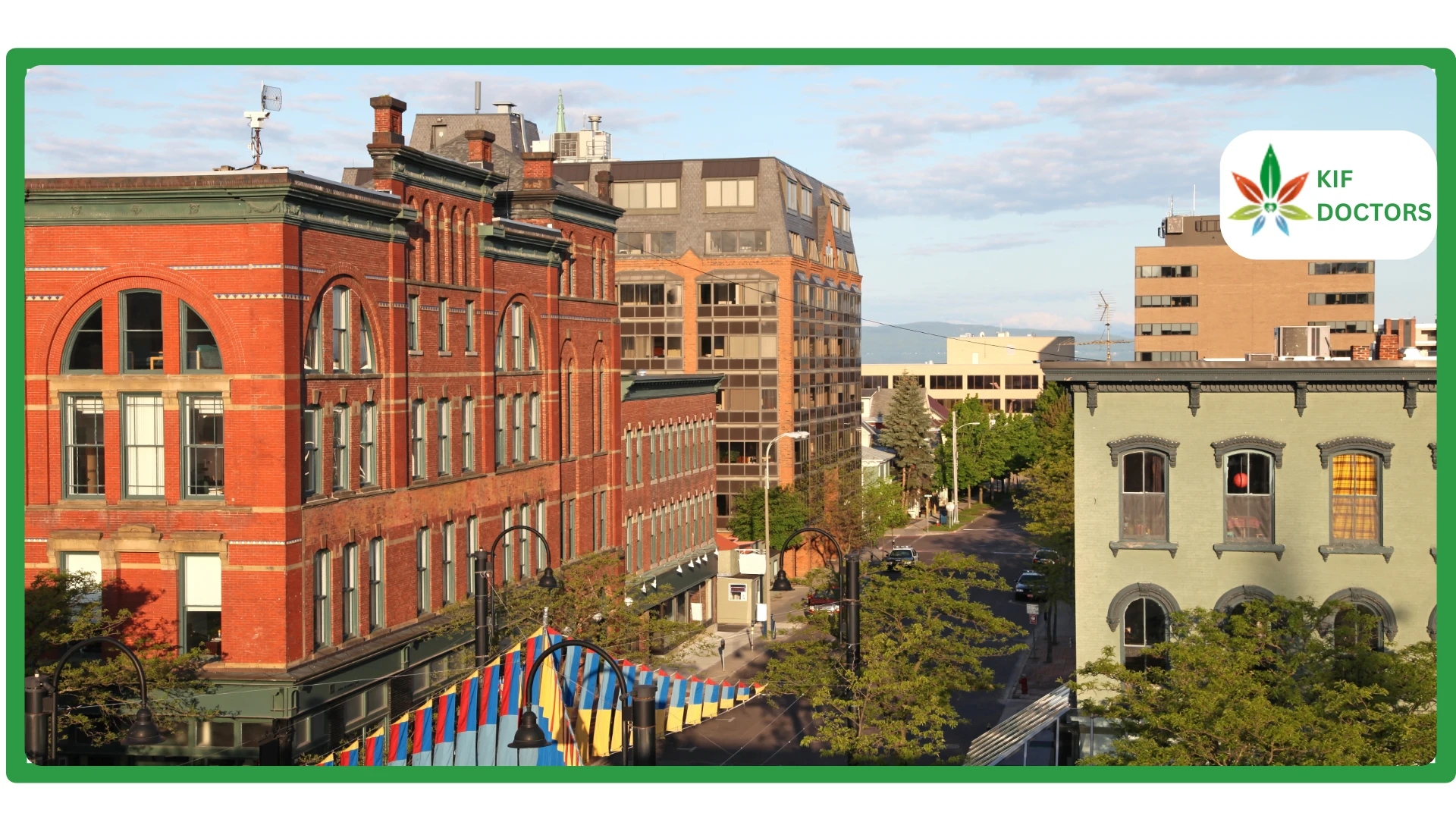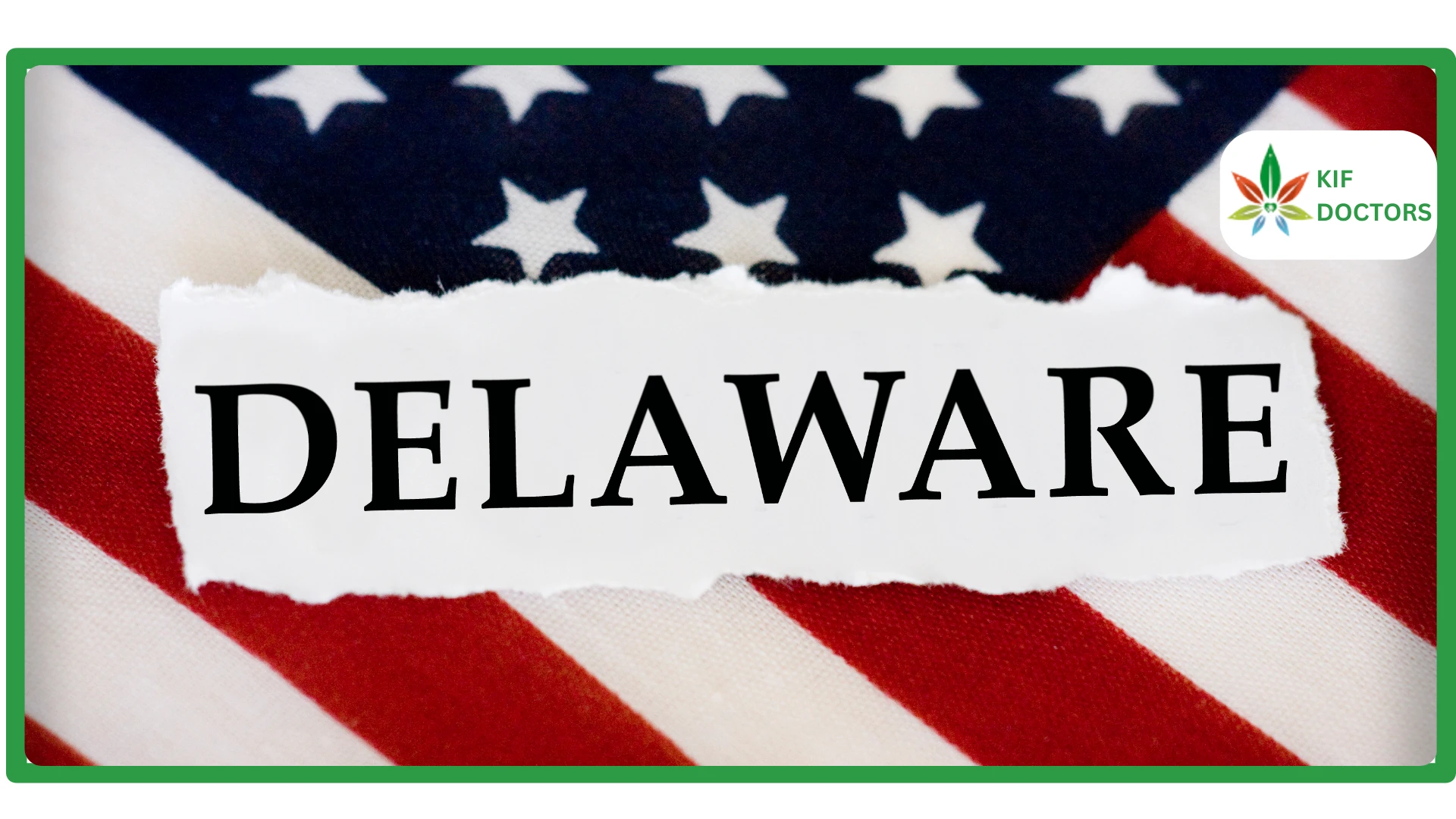Honolulu, the vibrant heart of Hawaii, is known for its stunning beaches, rich culture, and welcoming spirit. For those interested in cannabis, the city offers a well-regulated medical marijuana program that has been in place since 2000, making Hawaii the first state to legalize medical cannabis through legislation. Whether you’re a local resident, a visitor, or someone curious about cannabis in Honolulu, this guide provides a detailed roadmap to understanding the laws, obtaining a medical marijuana card, visiting dispensaries, and using cannabis responsibly. With clear regulations and a growing network of dispensaries, Honolulu is a unique destination for medical cannabis users.
Overview of Cannabis in Hawaii
Hawaii’s medical marijuana program, established through Act 228, allows registered patients to use cannabis for therapeutic purposes. Overseen by the Hawaii Department of Health’s Office of Medical Cannabis Control and Regulation (OMCCR), the program is designed to ensure safe and legal access for patients with qualifying conditions. As of recent data, thousands of Hawaiians hold a 329 Medical Cannabis Card, named after the section of the state law that governs the program. Honolulu, as the state’s largest city, is home to several licensed dispensaries and a robust infrastructure for medical cannabis users.
Recreational cannabis remains illegal in Hawaii, though possession of up to three grams has been decriminalized, carrying a $130 fine rather than jail time. This distinction is critical for anyone navigating cannabis laws in Honolulu, as only registered medical patients can legally purchase and possess cannabis in larger quantities. The state’s progressive approach to medical cannabis, combined with its strict stance on recreational use, shapes the cannabis landscape in Honolulu.
How to Obtain a Medical Marijuana Card in Honolulu
Getting a medical marijuana card, known as a 329 Card, is the first step for anyone seeking legal access to cannabis in Honolulu. The process is straightforward but requires careful attention to detail. Here’s how it works:
- Consult a Qualified Professional: You’ll need a certification from a licensed physician or Advanced Practice Registered Nurse (APRN) who is registered with the OMCCR. The professional must confirm that cannabis could benefit your health condition. Many clinics, including Kif Doctors, offer online consultations, making the process convenient. I always recommend going for a Medical Marijuana Card Online Instantly to streamline your application.
- Prepare Documentation: You’ll need a valid government-issued ID (e.g., driver’s license, passport, or state ID) and proof of Hawaii residency for in-state applicants. Out-of-state visitors can apply for a temporary 329 Card, valid for 60 days, by providing a valid medical cannabis card from their home state and a qualifying condition recognized in Hawaii.
- Submit Your Application: Applications are processed online through the OMCCR’s portal. The fee is $38.50 for in-state patients and $49.50 for out-of-state visitors. Ensure all documents, including the physician’s certification, are uploaded correctly to avoid delays.
- Receive Your 329 Card: Once approved, typically within a few days, you’ll receive an electronic 329 Card, which you can save to your mobile device or print. The card allows you to purchase cannabis from licensed dispensaries.
The 329 Card is valid for one year for in-state patients and must be renewed annually with a new certification. Out-of-state cards are limited to one or two 60-day periods per year. This system ensures that both residents and visitors can access medical cannabis legally while maintaining strict oversight.
Qualifying Conditions for Medical Cannabis
Hawaii’s medical cannabis program covers a range of debilitating conditions. To qualify for a 329 Card, a physician or APRN must certify that cannabis could help manage one of the following:
- Amyotrophic Lateral Sclerosis (ALS)
- Cancer
- Chronic pain
- Crohn’s disease
- Epilepsy or seizures
- Glaucoma
- HIV/AIDS
- Lupus
- Multiple sclerosis
- Post-traumatic stress disorder (PTSD)
- Rheumatoid arthritis
- Severe nausea or persistent muscle spasms
Additionally, the treatment of these conditions or symptoms like cachexia (wasting syndrome) may also qualify. Patients can petition the Department of Health to add new conditions, as seen with ALS in 2017. This flexibility ensures the program evolves with medical research and patient needs.
Navigating Honolulu’s Dispensaries
Honolulu is home to several licensed medical cannabis dispensaries, each offering a variety of products, including flower, edibles, concentrates, tinctures, and topicals. Popular dispensaries include Aloha Green, Noa Botanicals, and Cure Oahu, known for their high-quality, locally grown products and knowledgeable staff. Here’s what to expect when visiting a dispensary:
- Presentation of Credentials: You must show your 329 Card and a valid government-issued ID to enter. Dispensaries are strictly regulated, and only registered patients or their designated caregivers can make purchases.
- Product Selection: Dispensaries offer detailed menus, often available online, listing strains, cannabinoid profiles, and terpene content. For example, Noa Botanicals provides products like “Sugar Black Rose” for nausea and anxiety or “Strawberry Tahoe” for insomnia.
- Budtender Guidance: Staff, known as budtenders, are trained to answer questions and recommend products based on your needs. Whether you’re managing chronic pain or seeking relaxation, they can suggest appropriate strains or delivery methods.
- Purchase Limits: Patients can buy up to four ounces of cannabis every 15 days, with a maximum of eight ounces in 30 days. This includes flower or equivalent THC products, such as edibles or concentrates.
Dispensaries in Honolulu are vertically integrated, meaning they grow, process, and sell their own products. This ensures quality control but can lead to higher prices, with flower ranging from $15 to $27 per gram and concentrates up to $100 per gram. Many dispensaries offer discounts for seniors, veterans, or first-time patients, so it’s worth checking their websites for deals.
Understanding Honolulu’s Cannabis Laws
Hawaii’s cannabis laws are designed to balance patient access with public safety. Here are the key regulations for medical cannabis users in Honolulu:
- Possession Limits: Registered patients can possess up to four ounces of usable cannabis at any time. Usable cannabis excludes seeds, stalks, and roots.
- Cultivation: In-state patients can grow up to 10 cannabis plants at home, provided they are tagged with the patient’s 329 Card number and grown in a secure, private location. As of January 1, 2025, caregivers can only cultivate for minors, adults lacking capacity, or patients on islands without dispensaries, per Executive Order No. 24-06.
- Public Use: Consuming cannabis in public places, such as beaches, parks, or workplaces, is illegal. Smoking or vaping is also prohibited in smoke-free zones, like schools or buses.
- Transportation: Cannabis must be stored in a sealed container, not visible to the public, when transported. Driving under the influence is strictly prohibited and carries penalties similar to alcohol-related offenses.
- Out-of-State Patients: Visitors with a temporary 329 Card can purchase cannabis but cannot cultivate it. They must follow the same possession and consumption rules as in —System: state patients.
Medical Benefits of Cannabis
Cannabis has been recognized for its therapeutic potential, particularly for managing symptoms associated with chronic conditions. In Honolulu, patients use cannabis to address a variety of health issues, supported by research and physician recommendations. Some key benefits include:
- Pain Management: Cannabinoids like THC and CBD can reduce chronic pain, making cannabis a popular alternative to opioids for conditions like arthritis or neuropathy.
- Anxiety and PTSD Relief: Certain strains, particularly those high in CBD, may help calm anxiety or reduce PTSD symptoms, offering a natural option for mental health support.
- Seizure Control: Cannabis, especially CBD-rich products, has shown promise in reducing seizure frequency in epilepsy patients.
- Nausea and Appetite Stimulation: For cancer or HIV/AIDS patients, cannabis can alleviate nausea and stimulate appetite, improving quality of life.
- Muscle Spasm Reduction: Conditions like multiple sclerosis or Crohn’s disease often involve muscle spasms, which cannabis can help relax.
While cannabis offers significant benefits, it’s not without risks. Potential side effects include dizziness, dry mouth, or impaired coordination. Consulting with a healthcare provider ensures you choose products and dosages that align with your needs. Budtenders can also guide you toward strains with specific effects, such as indica for relaxation or sativa for energy.
Tips for Safe and Responsible Cannabis Use
Using cannabis responsibly is essential to maximizing its benefits while staying within legal boundaries. Here are practical tips for Honolulu patients and visitors:
- Start Low and Go Slow: If you’re new to cannabis, begin with a low dose, such as 2.5-5 mg of THC in edibles or a single puff of flower. Wait at least two hours for edibles to take effect before consuming more.
- Choose the Right Method: Cannabis can be consumed via inhalation (smoking or vaping), edibles, tinctures, or topicals. Inhalation offers fast relief, while edibles provide longer-lasting effects. Topicals are ideal for localized pain without psychoactive effects.
- Store Safely: Keep cannabis in a secure, child-proof container, away from minors or pets. Label products clearly to prevent accidental use.
- Stay Informed: Regularly check the OMCCR website for updates on laws or dispensary regulations. Joining local patient forums or following dispensaries on social media can also provide valuable insights.
- Respect Public Spaces: Consume cannabis only in private residences to avoid fines or legal issues. Be mindful of neighbors, as the smell of cannabis can travel.
By following these guidelines, you can enjoy the benefits of cannabis while respecting Honolulu’s laws and community standards.
Cannabis Culture in Honolulu
Honolulu’s cannabis community is diverse, ranging from patients seeking medical relief to advocates pushing for broader legalization. While recreational use remains illegal, the medical cannabis scene is vibrant, with dispensaries hosting educational events and community initiatives. For example, Aloha Green emphasizes sustainability and local hiring, fostering a sense of community among patients.
The city’s laid-back vibe and natural beauty make it an appealing destination for medical cannabis users, especially out-of-state visitors. Dispensaries often cater to tourists, offering welcoming environments and detailed product information. However, the high cost of living in Honolulu can translate to pricier cannabis products, so budgeting is key.
Advocacy groups, like the Hawaii Alliance for Cannabis Reform, are active in Honolulu, working to expand decriminalization and protect patient rights. While recreational legalization bills have stalled in recent years, public support is growing, with 52% of Hawaiians favoring adult-use cannabis, according to a 2023 survey. This suggests Honolulu’s cannabis culture may continue to evolve.
Frequently Asked Questions
Is recreational cannabis legal in Honolulu?
No, recreational cannabis is illegal in Honolulu and throughout Hawaii. Possession of up to three grams is decriminalized, resulting in a $130 fine, but larger amounts can lead to criminal penalties. Only registered medical patients with a 329 Card can legally possess and purchase cannabis.
Can tourists use medical cannabis in Honolulu?
Yes, out-of-state patients can apply for a temporary 329 Card, valid for 60 days, if they have a valid medical cannabis card from their home state and a qualifying condition recognized in Hawaii. The card allows purchases from licensed dispensaries but not cultivation.
How much does a 329 Card cost?
The application fee is $38.50 for in-state patients and $49.50 for out-of-state visitors. Additional costs may include physician consultation fees, which vary depending on the provider.
What products are available at Honolulu dispensaries?
Dispensaries offer flower, edibles (like lozenges or drinks), concentrates, tinctures, and topicals. Products are tested for safety and labeled with cannabinoid and terpene profiles to help patients choose appropriately.
Can I grow cannabis at home in Honolulu?
In-state patients with a 329 Card can grow up to 10 cannabis plants in a secure, private location. Caregivers can only cultivate for minors, adults lacking capacity, or patients on islands without dispensaries, as of January 1, 2025.
Are there discounts at Honolulu dispensaries?
Many dispensaries offer discounts for seniors, veterans, or first-time patients. Some also have loyalty programs or daily specials. Check dispensary websites or ask budtenders for current offers.
Conclusion
Honolulu’s medical cannabis program offers a structured and accessible way for patients to incorporate cannabis into their healthcare routines. From obtaining a 329 Card to exploring dispensaries like Aloha Green or Noa Botanicals, the city provides a supportive environment for medical users. By understanding the laws, choosing the right products, and using cannabis responsibly, both residents and visitors can navigate Honolulu’s cannabis landscape with confidence.
Whether you’re managing a chronic condition or seeking relief from specific symptoms, cannabis can be a valuable tool when used thoughtfully. Stay informed about regulations, connect with knowledgeable budtenders, and engage with the local cannabis community to make the most of your experience. Honolulu’s blend of natural beauty and progressive medical cannabis policies makes it a unique destination for patients seeking wellness and relief.
 Since 2021, Kif offers a streamlined platform to get a medical marijuana card online. We have served more than 45K patients across the United States. Sign Up Now to get the right to use medical cannabis for your health condition without any delay.
Since 2021, Kif offers a streamlined platform to get a medical marijuana card online. We have served more than 45K patients across the United States. Sign Up Now to get the right to use medical cannabis for your health condition without any delay.















